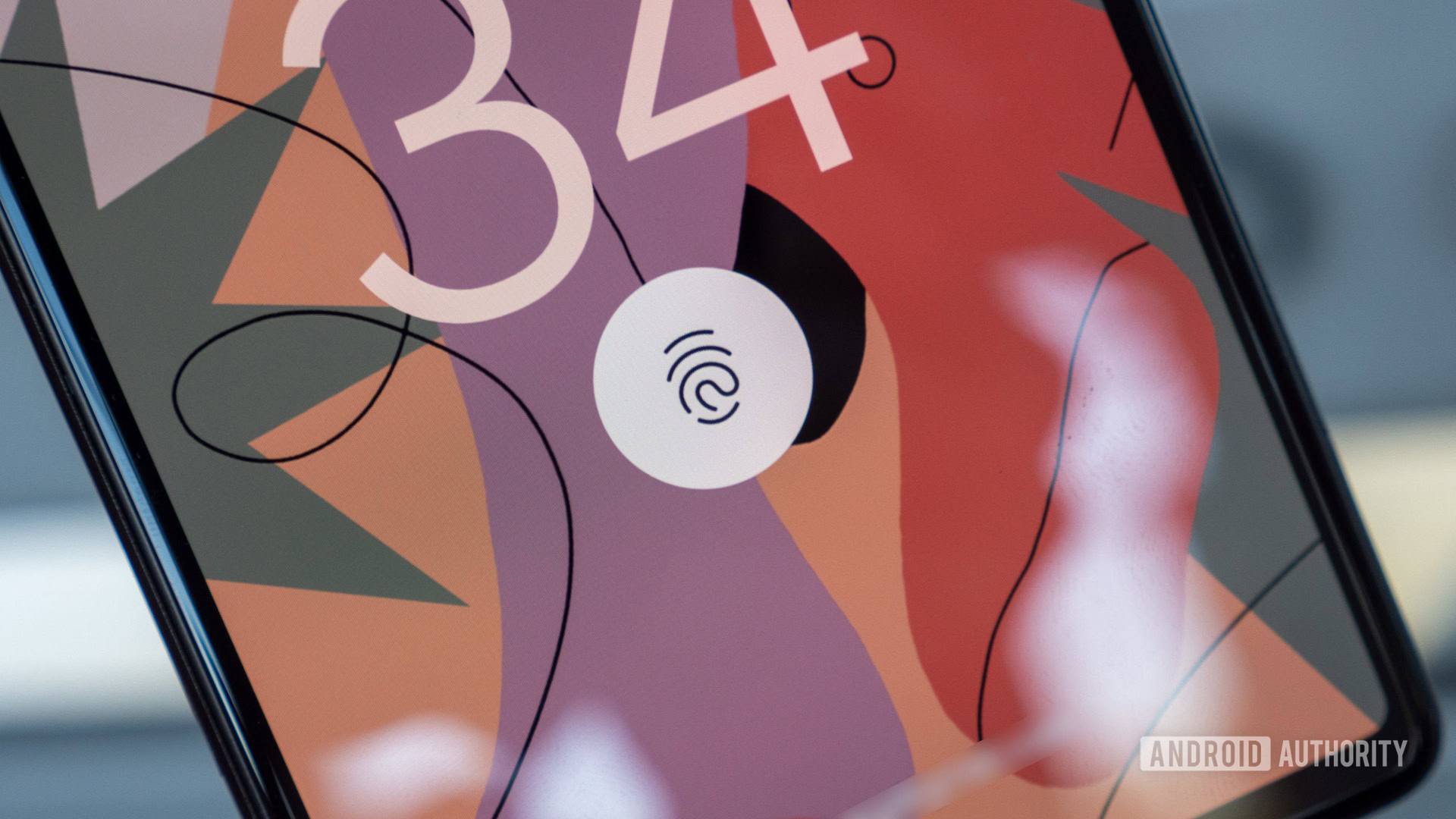Affiliate links on Android Authority may earn us a commission. Learn more.
A password-free future comes to Android and Chrome from today
Published onOctober 12, 2022

- Google has announced that passkeys are available to developers on Android and Chrome.
- You’ll need the Play Services beta and Chrome Canary to try this out.
- A stable release will follow next month.
Google, Apple, Microsoft, and several other tech companies formed the Fido Alliance several years ago to create passkeys. This is a new way to sign in to websites and apps without relying on a password. Passkeys are already available on Apple’s platforms, and Google is now bringing it to Android and Chrome.
The search company announced the news in a developer blog post, confirming that users can now create and use passkeys on Android devices from today. You’ll need to download the latest Google Play Services beta and Chrome Canary to try it out. Developers can also add passkey support to their websites from today.
Prefer to wait for the stable release? Well, Google says this is coming in November for people using Android Pie and later. In other words, you won’t need a recent smartphone to get in on the action.
How do passkeys work on Android?
Google says creating and using a passkey is an easy affair, as the first two images above show. To create a passkey for a website, you’ll need to confirm your passkey credentials and then simply use your screen lock (fingerprint, face, PIN). And that’s pretty much it.
Using your passkey to sign into a website is a seamless experience too (see images three and four above), as you choose the account you want to sign into and then enter your screen lock when prompted to do so. That’s all you need to do. These passkeys are also synced via Google’s Password Manager so you won’t be left in the lurch if your phone is lost or stolen.
Do you struggle with remembering passwords?
Google also touts cross-platform support, letting you use your Android phone to sign in to a website on a nearby device (using a QR code to facilitate this process). This is due to the fact that passkeys are based on industry standard tech, allowing you to use them across different browsers and operating systems.
“For example, an Android user can now sign in to a passkey-enabled website using Safari on a Mac. Similarly, passkey support in Chrome means that a Chrome user, for example on Windows, can do the same using a passkey stored on their iOS device.”
Passkeys won’t just be for websites though, as Google says it’s planning to release an API later this year to bring password-free sign-ins to native Android apps too. The company will also enable passkey support for third-party Android credential managers “in the next year.”